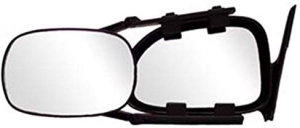-
Welcome to Tacoma World!
You are currently viewing as a guest! To get full-access, you need to register for a FREE account.
As a registered member, you’ll be able to:- Participate in all Tacoma discussion topics
- Communicate privately with other Tacoma owners from around the world
- Post your own photos in our Members Gallery
- Access all special features of the site
2021 Treat Your Tacoma to Ethanol Free Gasoline
Discussion in '3rd Gen. Tacomas (2016-2023)' started by Burica, Jan 1, 2021.
Page 4 of 4
Page 4 of 4


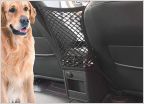 Will this work on Tacoma Sr
Will this work on Tacoma Sr Brakes! Any recommendations?
Brakes! Any recommendations?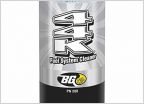 2018 3.5 6MT Fuel System Issues
2018 3.5 6MT Fuel System Issues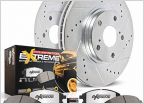 Front Brake Pads
Front Brake Pads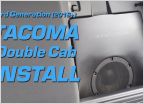 Audio OEM + 450Q Stereo upgrade for 2016 Tacoma Doublecab
Audio OEM + 450Q Stereo upgrade for 2016 Tacoma Doublecab




















































